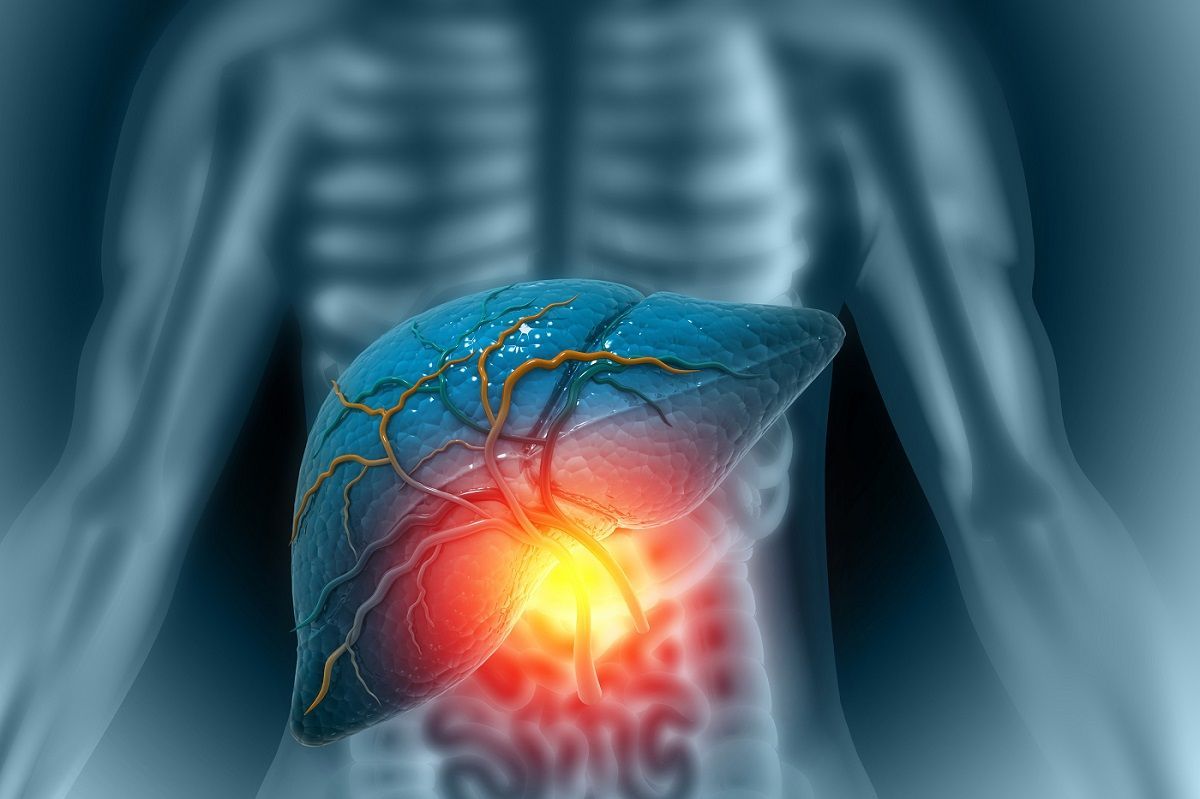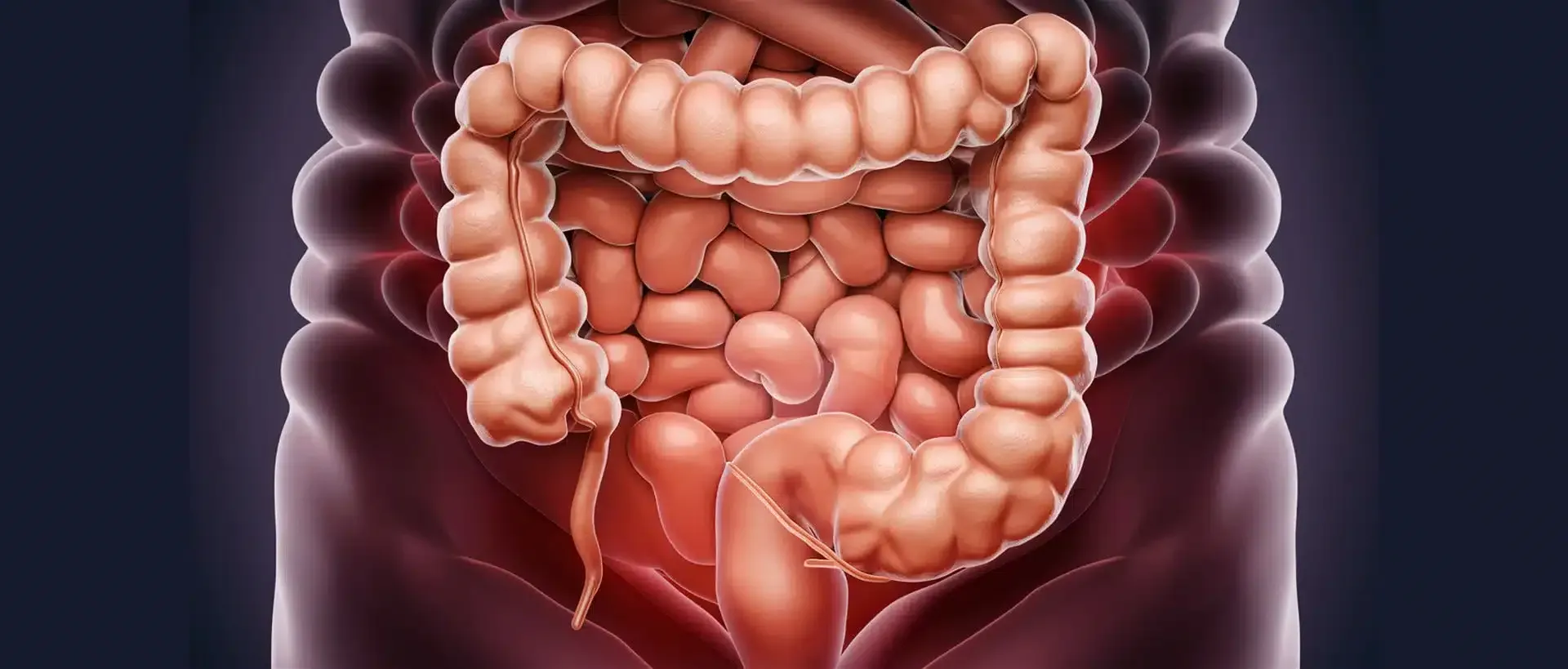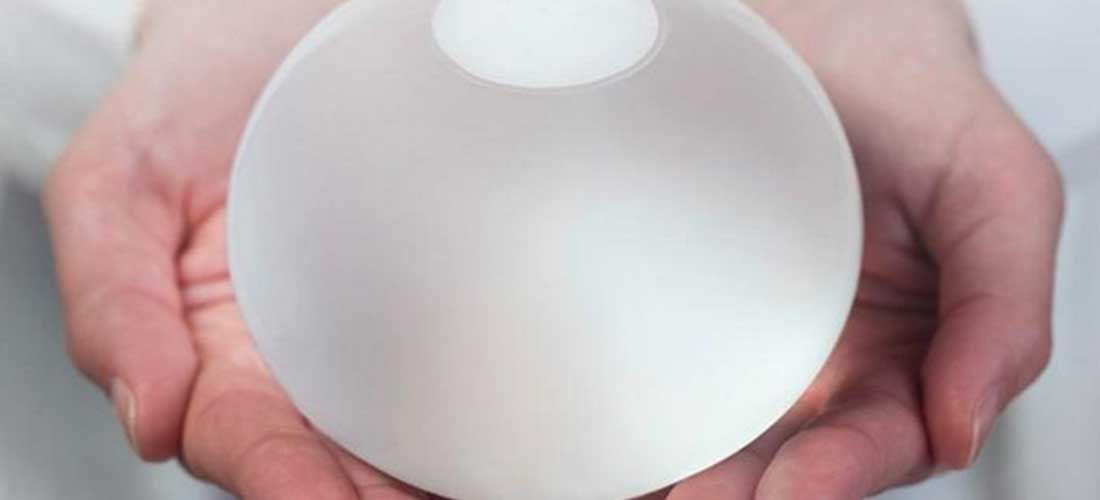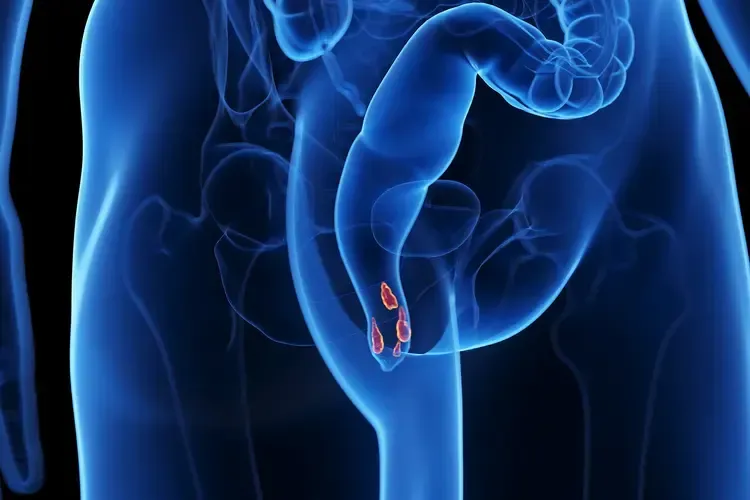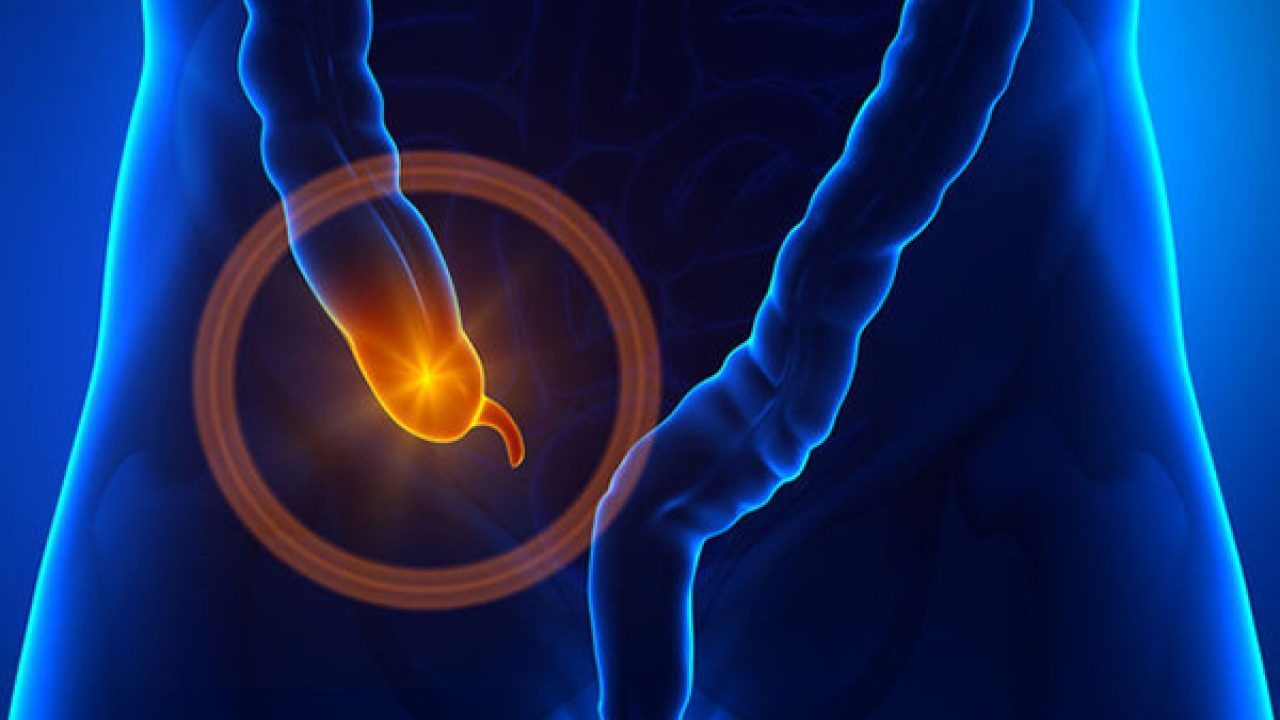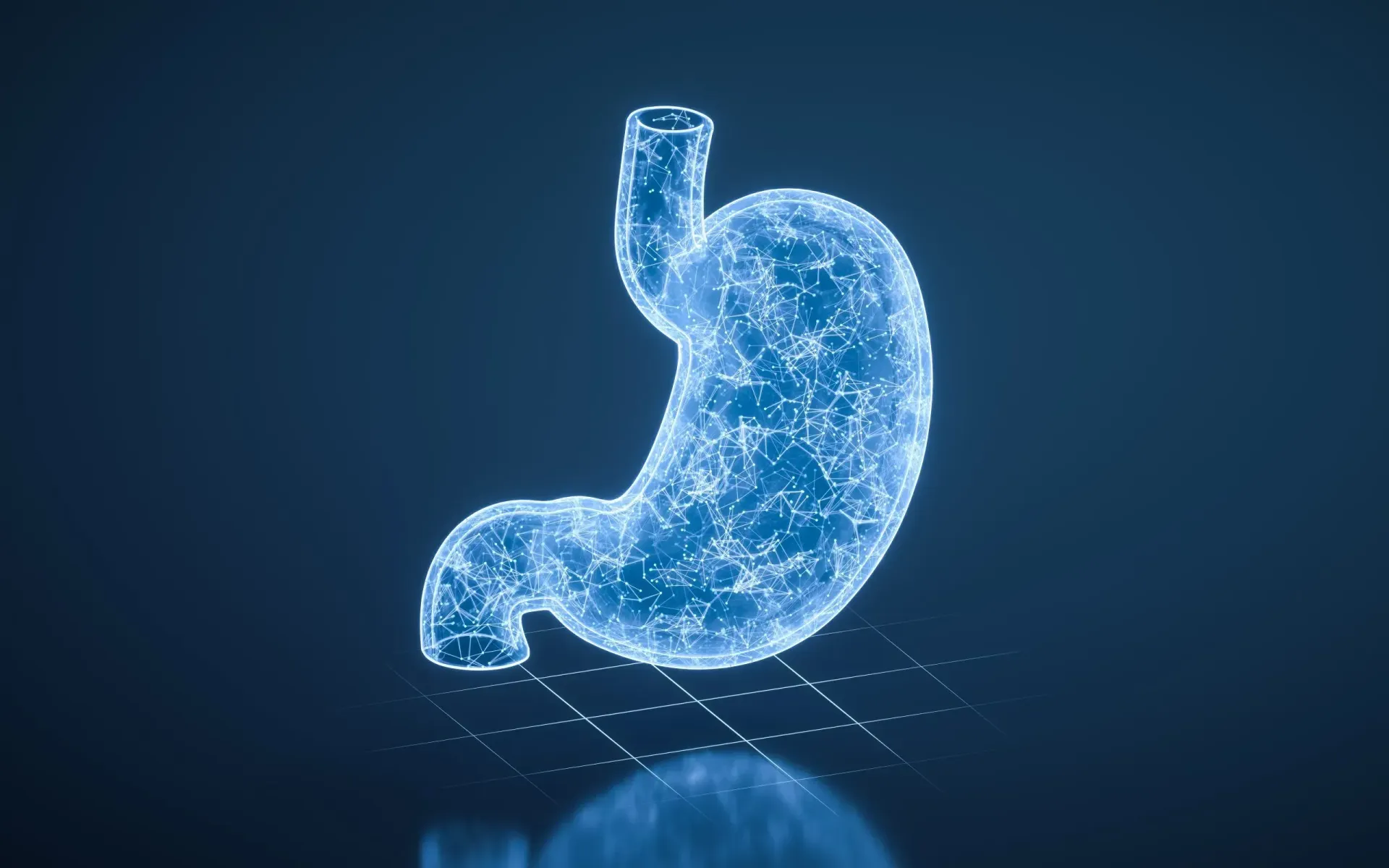How Do You Know When to See a Gastroenterologist?
Learn the signs indicating that you should schedule an appointment with a gastroenterologist
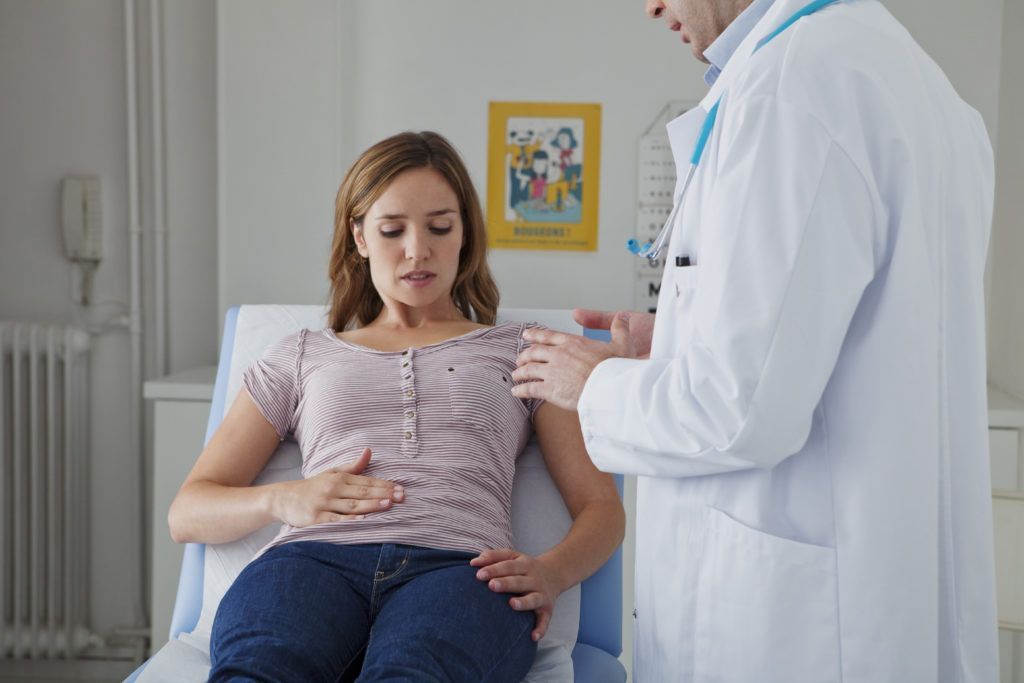
Taking care of our digestive health is very important, since much of the proper functioning of the rest of our body depends on it. It is an essential part of our immune system, allows correct absorption of nutrients, and helps us maintain good functioning of organs important for a healthy life. In order to preserve this good digestive health, you should consult your gastroenterologist whenever you feel that something is not working properly.
The gastroenterologist is the specialist in charge of the entire intestinal tract. Gastroenterology also includes other specialties such as hepatology or proctology. You should go to him/her whenever you experience and GI symptoms related to the digestive system such as nausea, constant abdominal pain, diarrhea, burning sensation in the stomach or constant inflammation.
Gastrointestinal disorders can be very diverse, but a qualified gastroenterologist is trained to provide care for any digestive issues which might arise, and to deliver an action plan to restore the health of the digestive system as soon as possible.
The following signs indicate that you should visit a gastroenterologist soon:
- Heartburn, pain, and a constant burning sensation in the stomach, especially after eating or lying down.
- In addition to stomachache and burning sensation, you also experience nausea.
- Stomach hurts after you eat, or you can no longer keep your food down.
- Diarrhea more frequently than normal.
- Fecal blood.
- The size of your abdomen increases without apparent reason.
- Detection of the appearance of hemorrhoids.
In the event of signs or symptoms that start altering your life or your diet, or generate pain, the best idea is to consult a specialist. Do not waste time! Take care of your health, and visit your trusted gastroenterologist whenever necessary. Pay attention to the symptoms in order to prevent diseases.
MORE ABOUT GASTROENTEROLOGISTS
Gastroenterologist near me
Importance of a Bilingual Gastroenterologist
Using a Gastroenterologist to Help Fight a Fatty Liver
Constant Abdominal Inflammation? A Gastroenterologist May Be the Solution!
Erick Alayo, MD – Bilingual Gastroenterologist
The post How Do You Know When to See a Gastroenterologist? appeared first on Gastro SB.





